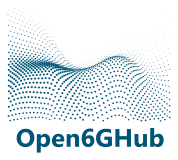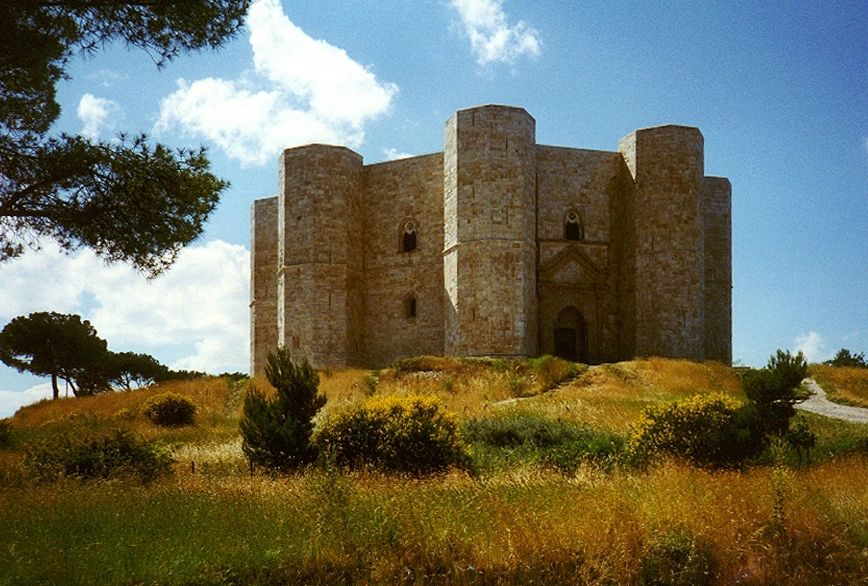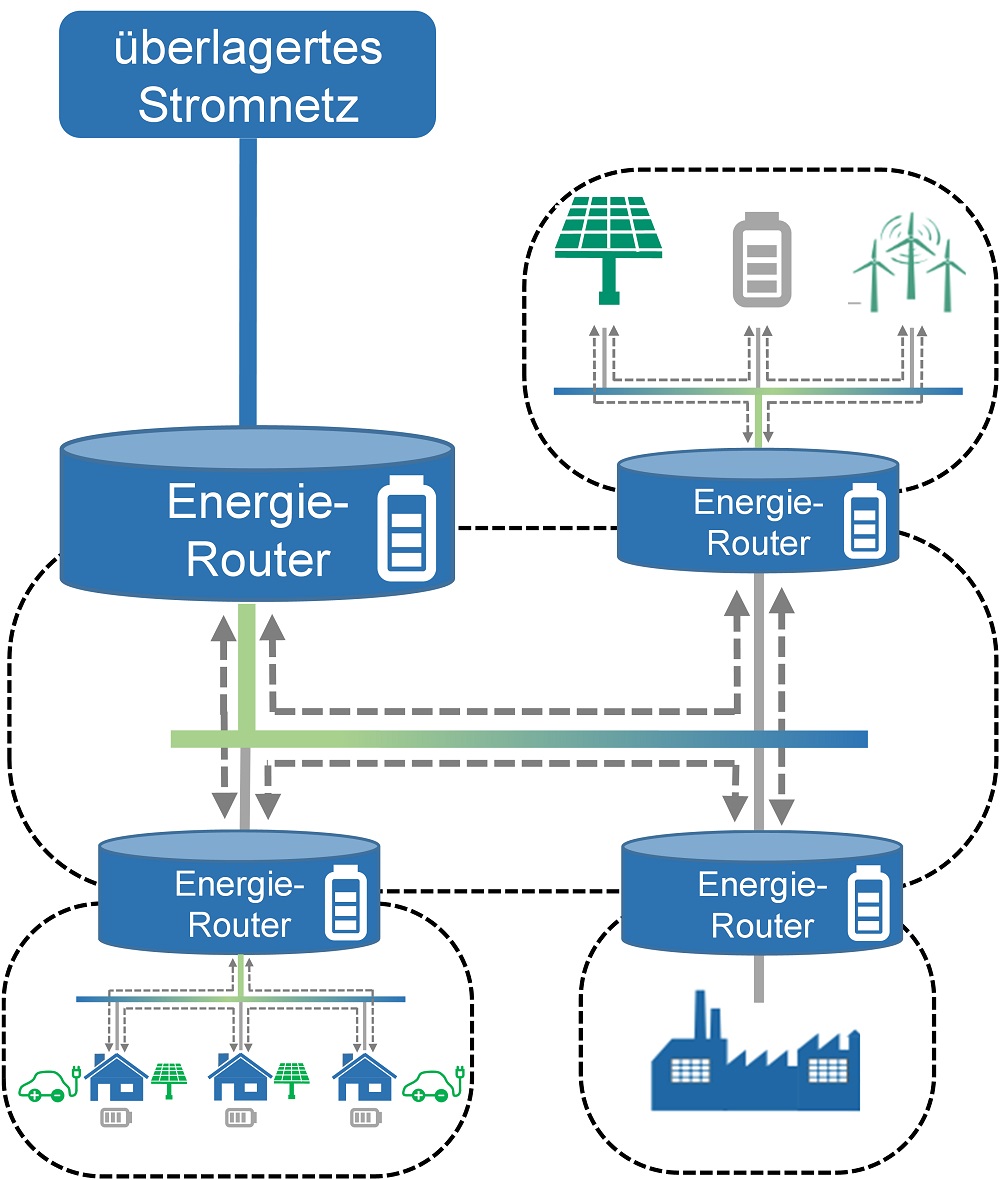6G-ANNA - 6G Access, Network of Networks, Automation & SimplificationIn the BMBF-funded project 6G-ANNA a cooperation of partners from industry, SME and academia develop a holistic architecture for the sixth generation of mobile communications. As part of this project the institute develops solutions for discovering and integrating services and resources for the larger and more dynamic mobile communication networks of the future. |
Open6GHub - 6G for sovereign citizens, in a highly connected world.In the context of programmable network infrastructures, the Institute for Telematics researches scalable, adaptive and highly dynamic networking of the 6G core network. |
bwNET2020+ --Forschung und innovative Dienste für ein flexibles Netz in Baden-Württemberg.Ziele des Projektes bwNet2020+ sind: Evaluation von Enabling Technologies wie SDN, SFC, NFV, P4 in 400 Gbit/s-Netzen sowie inNetzumgebungen mit 5G. Die Vision der Self-driving Networks auch unter Betrachtung der realen Netzinfrastruktur in BelWü und den Campus-Netzen anhand prototypischer Umsetzungen und Show Cases greifbar machen. Fortführung und Ausbau der BelWü-Testinfrastruktur Umsetzung ausgewählter Lösungen und Dienste im Betriebsumfeld. Das Projekt bwNET2020+ befasst sich mit Möglichkeiten zur Weiterentwicklung von BelWÜ sowie von Campus-Netzen auf der Basis leistungsfähiger und flexibler (z.B. durch SDN, SFC P4) Netze. Wo sinnvoll und beherrschbar sollen zielführend und zukunftweisend schrittweise neue Möglichkeiten zur Adaption eingeführt werden. Mit einem starken Fokus auf Use Cases, die aufzeigen, wie konkrete erste Schritte in Richtung Self-driving Networks im Kontext von BelWü und von Campus-Netzen gegangen werden können, arbeiten Netzbetrieb und Netzforschung eng zusammen. |
KASTELDas Kompetenzzentrum für angewandte Sicherheitstechnologie (KASTEL) ist eines von deutschlandweit drei Forschungszentren für Cybersicherheit, die vom Bundesministerium für Bildung und Forschung (BMBF) im März 2011 initiiert wurden. Das Ziel von KASTEL ist die Entwicklung sicherer Anwendungen in einem durchgängigen Prozess. Beispielhaft wird dies an drei Prototypen durchgeführt und in vier Grundfragen diskutiert. Dazu kooperieren elf Lehrstühle des KIT aus den Fachbereichen Informatik, Wirtschaftswissenschaften und Rechtswissenschaften |
|
Packet-based Power GridsThe project aims to make the power grid fit for the futre in the context of the energy transmission. For this, we research a novel power grid paradigm: the Energy Packet Grid (EP Grid). The EP Grid applies selected design principles of the Internet in the power grid. For example, the EP Grid is split into independent subnetworks, the EP cells, which organize themselves autonomously and are interconnected by EP routers. The participants of the EP Grid transfer energy in the form of energy packets. The project is constituted by three primary institutes of the KIT: the Institute for Automation and Applied Informatics (IAI), the Institute of Electrical Engineering (ETI), and the Institute for Telematics. The interdisciplinary team unites the expertise of electrical engineering and informatics in order to realize such a project. |





 Kademlia-directed ID-based Routing Architecture
Kademlia-directed ID-based Routing Architecture